Asset searches help organizations uncover the financial information they need to make safe and informed decisions, and readers often begin by wondering what these investigations can reveal and how they actually work. These reviews confirm ownership, identify liabilities, and highlight risk indicators that influence major choices. When handled correctly, they offer clarity in situations where accuracy matters most.
Strict rules govern how this information is collected, and the Gramm Leach Bliley Act, 15 U.S.C. § 6801, requires investigators to protect sensitive financial data. Lawful methods ensure that every detail is gathered responsibly and that privacy rights remain secure. This legal framework allows organizations to rely on findings with full confidence.
Hospitals, nursing homes, corporations, property managers, and school boards regularly use asset searches to guide hiring, contracting, and financial assessments. These groups depend on investigators who follow the law, document results carefully, and provide clear explanations. Many turn to trusted private investigators in Seattle, WA when accuracy and compliance are essential.
What an Asset Search Is and Why It Matters
An asset search helps organizations understand a person’s financial position with clear, factual details. It supports safer decisions by revealing information that affects risk, compliance, and planning.
Definition and Purpose
An asset search is a structured review of real estate, business interests, liabilities, and financial behavior. It delivers verified information rather than personal judgment or subjective interpretation. This process strengthens fraud prevention, supports risk reduction, and prepares organizations for potential litigation.
Organizational Uses in High-Risk Environments
These searches help assess tenants, vendors, employees, guardians, or service partners before major decisions are made. They also support internal reviews when financial misconduct or unusual activity is suspected. Leaders use the findings to decide whether legal action or recovery efforts are worth the cost.

What an Asset Search Can Reveal
Property Ownership and Titled Assets
Asset searches help uncover the full extent of a person’s real and personal property.
- Real estate holdings and land records, including primary residences, rentals, or investment properties.
- Vehicles, boats, trailers, or other titled equipment tied to the individual or their business.
- Property transfers or unusual transactions that may signal concealment or attempts to shield assets.
Business and Income Indicators
Investigators also review business connections and revenue indicators.
- Ownership or controlling interest in corporations, LLCs, or partnerships.
- Professional licenses and evidence of active business operations.
- Cashflow clues such as vendor ties, payroll activity, or contractual relationships when publicly accessible.
Liens, Judgments, and Bankruptcy History
Financial red flags reveal potential risks or hidden liabilities.
- Tax liens, civil judgments, or wage garnishments owed to creditors.
- Bankruptcy filings that highlight financial distress or patterns of nonpayment.
- Inconsistencies between stated income and documented debts or obligations.
What Investigators Cannot Legally Access
Investigators must follow strict rules that limit the type of financial information they can review. These limits protect privacy and ensure compliance with 15 U.S.C. § 1681b when sensitive data is involved.
Protected Financial Information
Investigators cannot access bank account numbers or current balances under any circumstance. They also cannot obtain credit card details or review transaction histories tied to personal spending. No search may involve impersonation, pretexting, or any method that attempts to deceive financial institutions.
FCRA “Permissible Purpose” Limits 15 U.S.C. § 1681b
Federal rules allow credit reports only when a request fits a recognized purpose such as employment, tenancy, credit evaluation, or defined investigations. Many routine asset checks cannot include consumer credit data unless the client meets these narrow requirements. Organizations must document the permissible purpose before asking for any information connected to a credit report.
How Investigators Gather Financial Intelligence Legally
Public Records and Open-Source Data
Investigators rely on lawful, publicly accessible sources to build a financial profile.
- Property deeds, tax assessor files, and court records that show ownership, disputes, or financial obligations.
- Corporate filings, UCC liens, and professional licensing databases that reveal business interests or secured debts.
- Litigation histories and regulatory agency records that identify lawsuits, complaints, or enforcement actions.
Professional Databases and Verification
Licensed investigators also use regulated tools that meet federal privacy and compliance standards.
- Professional data providers that supply legally permissible information without accessing private bank accounts or confidential financial data.
- Cross-referencing names, addresses, and affiliated entities to confirm accuracy and eliminate false matches.
- Pattern analysis to uncover signs of hidden assets, undisclosed income sources, or inconsistent financial disclosures.
How Organizations Use Asset Search Results
Organizations depend on asset search results to make decisions that protect safety, compliance, and financial stability. These findings offer clarity in situations where accurate financial insight guides the next steps.
Risk Management and Compliance Decisions
Asset reviews help screen high-risk tenants, vendors, or contractors before any agreement moves forward. They also confirm whether disclosures for admissions, employment, or financial responsibility are complete and accurate. Any inconsistency can indicate fraud risks or possible elder financial abuse that requires further action.
Litigation and Recovery Strategy
Search results show whether a subject has assets that can support repayment. This information helps organizations choose recovery methods that match the subject’s proven ability to pay. Clear documentation then supports auditors, insurers, or governing boards during formal evaluations.

Choosing a Compliant Private Investigator
Selecting the right investigator requires careful attention to licensing, legal compliance, and sector-specific experience. These standards ensure that any search follows state rules and aligns with RCW 18.165.030, which governs investigator qualifications.
Licensing Requirements RCW 18.165.030
Washington investigators must meet state standards for eligibility, training, and background checks before they can operate. Proper licensing grants lawful access to investigative tools and regulated data sources that support accurate reviews. Organizations should confirm credentials before hiring to ensure each search is conducted responsibly.
Proven Compliance and Sector Experience
Qualified investigators should understand the needs of healthcare, housing, education, and corporate environments. They must follow written procedures that comply with GLBA and FCRA requirements at every stage. Their reports should be clear, defensible, and ready for review by regulators, insurers, or courts.
Conclusion
Asset searches uncover verifiable financial details that help organizations understand property ownership, business ties, outstanding debts, and signs of concealed assets. These reviews operate within firm legal boundaries that protect privacy and guide every investigative step. Clear findings allow leaders to act with confidence in sensitive situations.
Decision-makers rely on these results when they must justify actions to boards, regulators, or insurers. Accurate information supports stronger compliance and reduces the risk of costly errors. Each report becomes a dependable foundation for fair and defensible decisions.
At KCA Investigations, we understand how hard it is to make high stakes decisions when you lack clear financial information. Our Seattle private investigators conduct compliant asset searches that deliver verifiable facts you can rely on with boards, regulators, and insurers. Contact us today at (971) 804-8993 or use our request form to request a confidential consultation and learn how we can support your organization.
